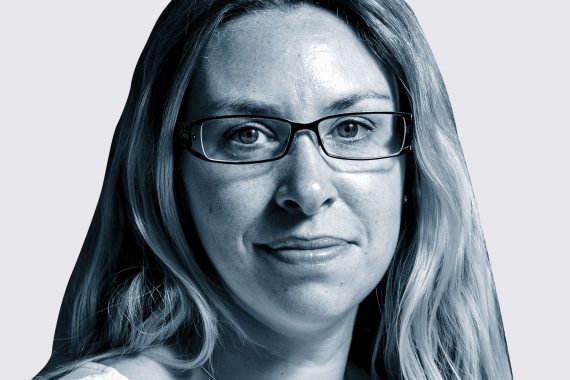The five stages of grief for general practice

I have been grieving.
It wasn’t expected, it took me by surprise. No one had died, I had had no terminal diagnosis, but the signs were there. I kept dwelling on the ‘good old days’, and the great time we had together. My mood was flat, sleep poor. I found myself staring at the empty wrapper (OK wrappers) of Green and Blacks chocolate. Steadily the understanding hit, I, like many of us, are in a sort of mourning for the general practice of yesteryear.
According to the (slightly debatable) Kübler-Ross model there are 5 stages of grief: denial, anger, bargaining, depression, acceptance.
Stage one – denial.
I merrily continued denying the change to our profession, thinking I was OK and absorbing myself in work. I lost any form of lunch break and gobbled down a sandwich whilst working in front of the computer. I saw an increase in unfunded and unnecessary clerical work, and I did it. At the same time I saw the progressively pitiful practice finances.
But then something changed.
Stage two – anger.
Fortunately I had an excellent focus: a certain Jeremy Hunt. And when I got angry, I got really angry. I took to Twitter, using 140 characters to vent. My non-medic friends grew tired of my anti-JH, pro-NHS posts. I was quite generous with my anger though and shared it around a bit. Any silly DoH/NHS ‘personality’ and ridiculous policy was welcome to it. And frankly, I just needed to read the words ‘Care Quality Commission’ and I felt livid. If I’m totally honest, I don’t think I’m quite over this stage.
Stage three – bargaining
So stage three began, I bargained. How could I, and we, make things better? How could we salvage our profession. Social media galvanised us and new groups were born. We would work hard to come up with new ideas, and we would be spared. If I could work in a different way maybe I could prolong the life of primary care as I knew it.
Then, unsurprisingly, I became really low.
Stage four – depression
Most people who know me didn’t recognise the quiet, withdrawn being in front of them. The depression subdued me. And the cause was clear – a job that had been everything to me had changed unrecognisably. I no longer looked forward to work. I worried about patients and my own ability more than I had before. Every case could end in legal action or a report to the GMC. Every prescription could harm someone. I should have referred patient X, I shouldn’t have referred patient Y. I doubted every action.
Over the past few months, things have changed. Now my grief has ebbed, I’m back to being me again. I still miss the job that I had five years ago, and grieve for it, but my working life will go on.
I wish I could chat to Kübler-Ross though, I think their model is flawed. Stage five isn’t acceptance in this case, it’s determination. I refuse to accept this as an inevitability, instead I choose to fight for general practice.
Dr Susie Bayley is a GP in Derby and chair of GP Survival
Pulse July survey
Take our July 2025 survey to potentially win £1.000 worth of tokens




 Oviva’s fully remote Tier 3 Weight Management programme
Oviva’s fully remote Tier 3 Weight Management programme







